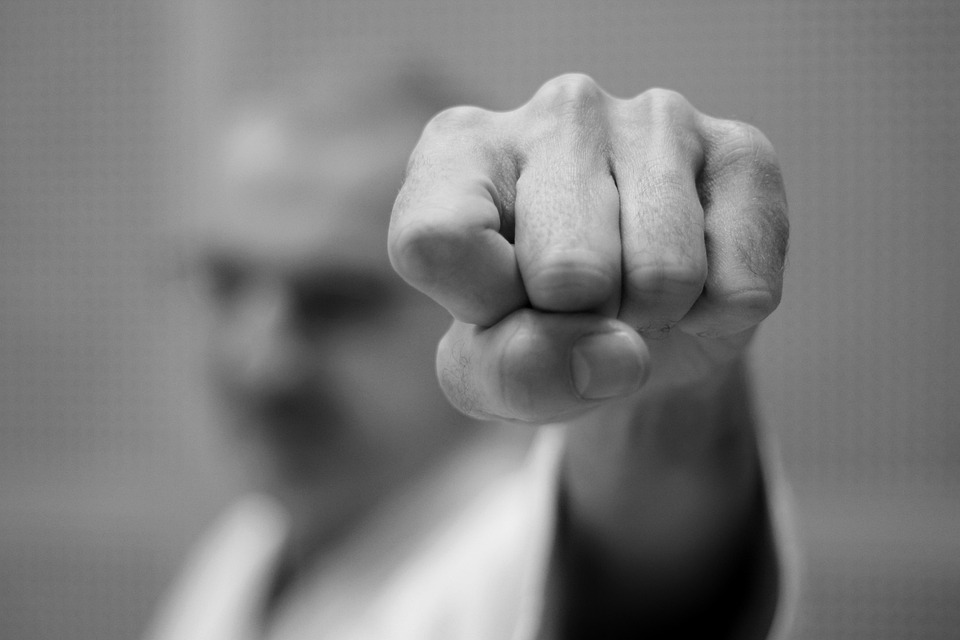The Mental Game: Psychology’s Role in MMA Success
Mixed Martial Arts (MMA) is often celebrated for its physical brutality, technical prowess, and strategic intricacies. However, amid the grappling, striking, and submission attempts lies a crucial component that can make or break a fighter’s career: the mind. The psychological aspect of MMA is increasingly recognized as a pivotal factor in determining success inside the cage. This article delves into the role of psychology in MMA and highlights how mental fortitude, motivation, and emotional management contribute to a fighter’s performance.
The Importance of Mental Toughness
Mental toughness is often cited as one of the most critical attributes for any athlete, particularly in combat sports. MMA fighters face unique pressures, including the fear of losing, physical injury, and high-stakes competition. Mental toughness allows fighters to push through adversity, maintain focus during bouts, and recover from setbacks. Studies suggest that athletes with higher mental resilience can handle the stress of competition more effectively, leading to improved performance.
One way to cultivate mental toughness is through visualization techniques. By imagining fights, rehearsing scenarios, and mentally preparing for various outcomes, fighters can create a sense of familiarity with the combat environment. This not only builds confidence but can also reduce anxiety on fight day. World champions have often shared how visualizing their victories is a part of their pre-fight routine, further solidifying the connection between mental preparation and success.
Motivation and Goal Setting
Motivation is another critical component of a fighter’s mental game. Fighters must possess an intrinsic desire to succeed, often requiring significant sacrifices in their personal lives. Effective goal setting can enhance a fighter’s motivation and provide a roadmap for achieving success. By setting clear, attainable goals—whether short-term (like improving specific techniques) or long-term (like winning a championship)—fighters can maintain focus and direction.
Moreover, the concept of self-determination theory emphasizes the importance of autonomy, competence, and relatedness. Fighters who set their own goals and recognize their progress report higher levels of motivation and satisfaction. This internal motivation is essential, especially during the grueling training camps that demand unwavering dedication.
Managing Emotions
Emotional regulation is another key psychological factor in MMA. Fighters often enter the cage with a cocktail of emotions ranging from excitement to fear, anger to anxiety. The ability to manage these emotions can directly affect performance. A fighter who succumbs to fear may freeze or become overly aggressive, while one who channels their emotions effectively can harness this energy for a strategic advantage.
Cognitive-behavioral techniques, such as recognizing and reframing negative thoughts, can assist fighters in managing their emotional states. Journaling, mindfulness, and meditation are other techniques that have gained traction in the MMA community. Many athletes employ these practices to enhance their emotional regulation, improve focus, and maintain a competitive mindset.
The Role of Coaches and Support Systems
Coaches and support systems also play a vital role in a fighter’s mental game. An effective coach does more than just train techniques; they also help cultivate the fighter’s mental resilience and emotional strength. Open communication between the fighter and coach can foster a supportive environment that encourages growth, whether that means discussing pre-fight nerves or strategizing during a match.
Support systems outside the gym, including family and friends, provide the emotional backing that many fighters need to thrive. A cohesive support network not only boosts confidence but also helps fighters navigate the fluctuations of victory and defeat.
Conclusion
While physical prowess is undeniably essential in MMA, the mental game cannot be underestimated. From mental toughness and motivation to emotional management and the support of coaches, psychology plays a critical role in a fighter’s journey toward success. As MMA continues to evolve, the importance of mental training is becoming more widely recognized, ensuring that future champions are not only physically strong but also mentally prepared for the challenges that lie ahead within the octagon. For fighters looking to achieve their dreams, honing the mind may prove just as crucial as sharpening their fists.



